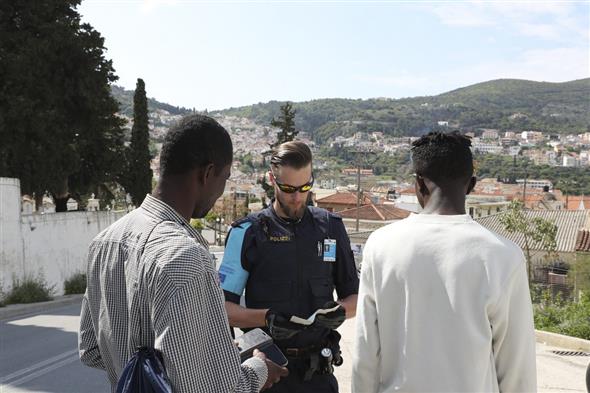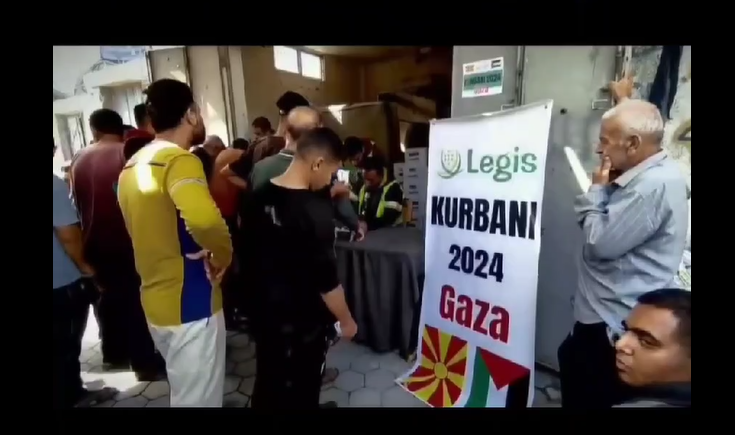Radoš ?urovi?, director of the NGO Asylum Protection Centre (APC) which works with migrants in Serbia, questions whether Frontex’s presence in the region will bring better control over violations and fears that if past acts of alleged violence are used it could make matters worse.
How non-EU member states are incorporated into fortress Europe.

Radoš ?urovi?, director of the NGO Asylum Protection Centre (APC) which works with migrants in Serbia, questions whether Frontex’s presence in the region will bring better control over violations and fears that if past acts of alleged violence are used it could make matters worse. “The EU’s aim is to increase border control and reduce the number of people who legally or illegally cross,” ?urovi? says in a phone interview for K2.0. “We know that violence does not stop the crossings. It only increases the violence people experience.” Similarly, Jasmin Redžepi from the Skopje-based NGO Legis, argues that the current EU focus on policing its borders only entraps people in the region. “This causes more problems, suffering and death,” he says. “People are forced to turn to criminals in search of help. The current police actions are empowering criminals and organized crime.” Redžepi believes the region is currently acting as some kind of human filter for the EU. “From the security standpoint this is solidarity with local authorities. But in the field, it prevents greater numbers of refugees from moving toward central Europe,” Redžepi says. “They get temporarily stuck. The EU calls it regulation but they only postpone their arrival in the EU and increase the violations of human rights, European law and international law. In the end people cross, just more simply die along the way.”
A recent statement on the state of the EU’s borders by UNHCR’s Assistant High Commissioner for Protection, Gillian Triggs, notes: “The pushbacks [at Europe’s borders] are carried out in a violent and apparently systematic way.” Radoš ?urovi? from APC Serbia pointed out that Frontex must know about the alleged violations. “The question is: Do they want to investigate and prevent them?” he says. “All those present in the field know about the violence and who perpetrates it.”
Human rights advocates in the region such as Jasmin Redžepi have no illusions that what they face on the ground reflects the needs and aims of the EU. “We are only a bridge,” Redžepi says. “The least the EU should do is take care that its policies do not turn the region into a cradle for criminals and organized crime. We need legal, regular passages and procedures for people to apply for asylum, not illegal, violent push-backs. “If we talk about security we cannot talk exclusively about the security of borders. We have to talk about the security of people as well.”
Source: read the all text HERE




